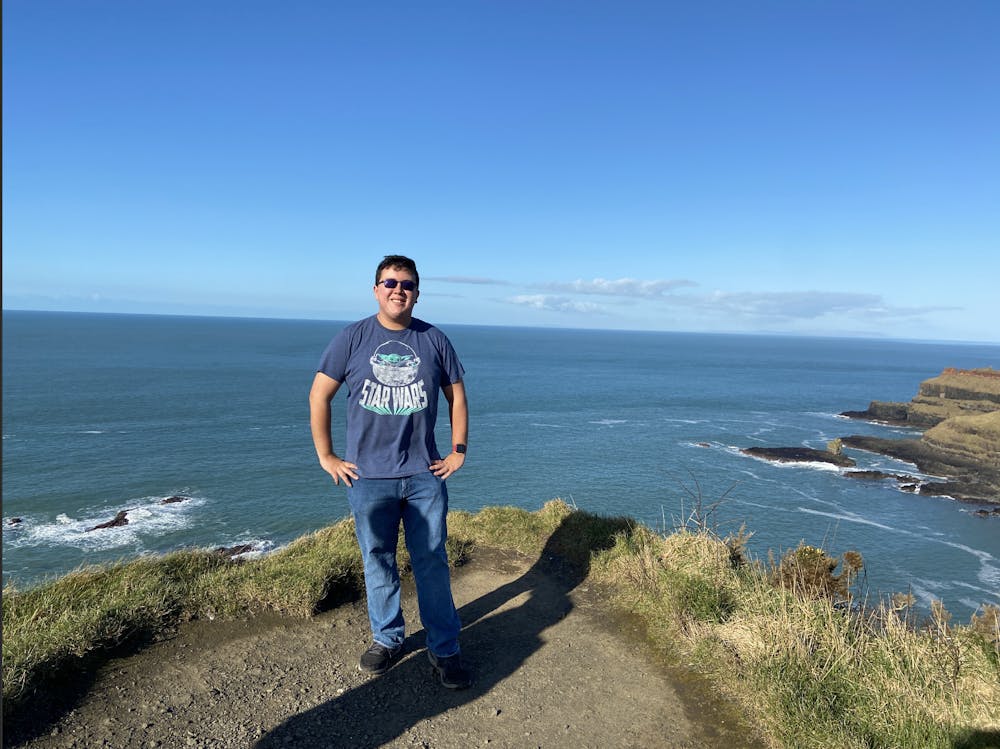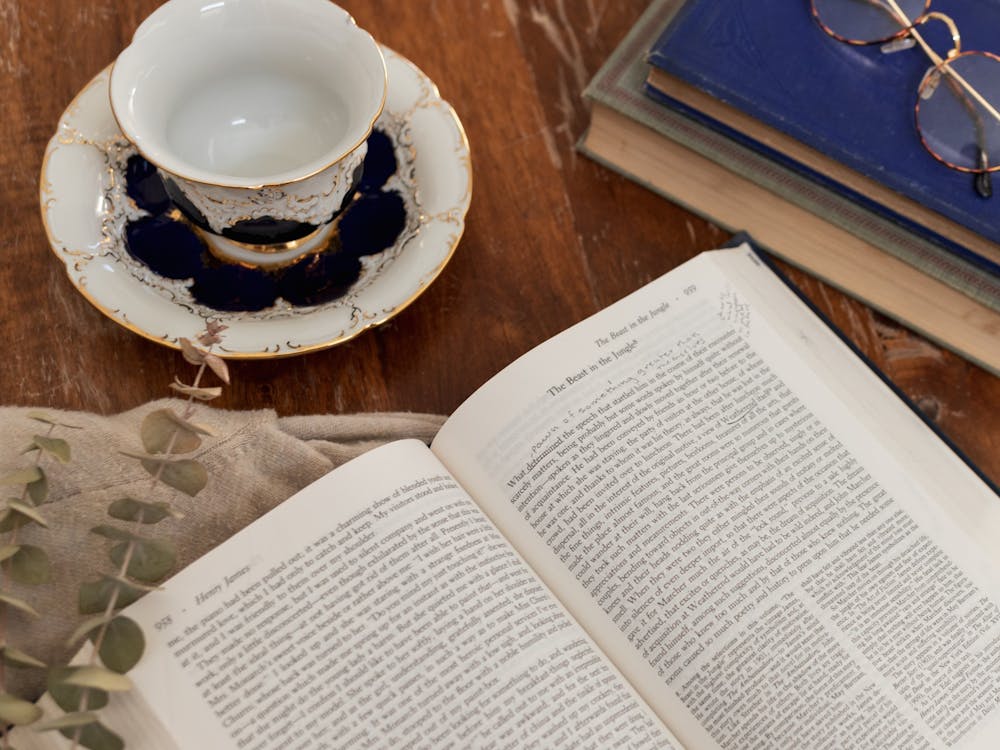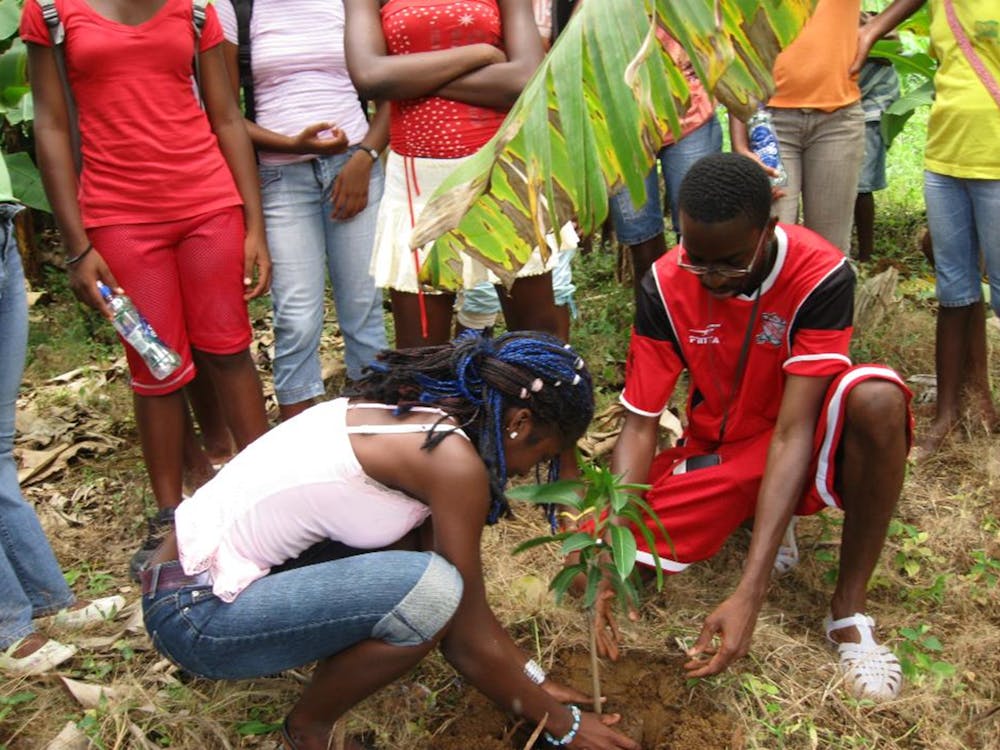How did you all spend your spring break? Some of you might have gone to Cabo, stayed on campus, or gone home to see family and loved ones. On the other hand, I had the most unique spring break that, If you asked me three years ago, I could never have seen myself doing. Along with nine other students, our professor Jeff Kersen Griep, and his wife Emily, I traveled to Belfast, Northern Ireland: a place that has been the center of intercultural conflict for generations, a place of sectarianism and division, and a place of modernization, healing, and progress. Throughout this trip, I learned more about myself, the world around me, and how I can use the lessons learned in Belfast in my future career path.
First, a little background information: Last October, I got one of those classic all-department political science emails from Doctor Anne Santiago, our department chair, giving background information about a specifically designed communications course called Intercultural Conflict Negotiation and Transformation. Led by Dr. Jeff Kersen Griep (Jeff), It was a 3-credit course investigating what's known about challenges and the means of transformative peacebuilding conflict management in cross-cultural conflict situations. Besides the fact that it counted as part of my credits outside of the major requirement, two pieces of it stood out to me, which gave me the reason to sign up for the class.
Part one: As someone who wants to enter the foreign service and work in diplomacy and international relations, I was able to learn more about the practices and techniques diplomats and policymakers use when practicing statecraft, or negotiating a conflict. This was a perfect opportunity to learn about the work that I could be doing. Part two is that this course had a study abroad component: a week abroad in Belfast, Northern Ireland, a place where for multiple generations, sectarianism, political violence, and extremism had taken hold of the area and its people.
I applied through study abroad, got accepted, and counted the days until the fantastic trip I was about to undertake. As the course got underway, I realized that, while this course might be listed as a communications course, I believe it as a course that combines elements of the disciplines of history, political science, and communications. I was studying the history of the Troubles in Northern Ireland, while learning about the political situation on the ground, while also learning about how different cultures communicate.
This trip to Belfast was my first time abroad by myself. I have been blessed and fortunate to visit Europe on numerous occasions with my family, but this was the first time I have been by myself in a foreign country. My mom and dad were quick to say, as I talked with them the night before my flight, "this is the culmination of your training as a world traveler, traveling without the family." Luckily I wasn't solely traveling; I was going with a group of five very intelligent and talented individuals.
Three flights later, we arrived in Belfast. Two days before the rest of the group arrived, and the study abroad component began, we toured on our own. We made excellent use of the public transportation system and went sightseeing. From St. George's market, an open-air market that I find rivaling Pike's Place, to the Titanic Museum (the infamous vessel was built in Belfast) and the beautiful city center, we took advantage of our time in Belfast, interacting with the locals, and even indulging in a pint of the legendary Guinness beer. By the time the rest of the group arrived, we had a feel of the place and its surroundings, and it was time to dive into the content.
This study tour was organized between UP study abroad, our professor Jeff, and the Reverend Gary Mason, a key negotiator and peacebuilder to the 1998 Good Friday agreement. Before and during the trip, we learned about the history of the Troubles, the conflict between Catholics and Protestants in Ireland throughout the 20th century, and how current communities continue evolving, even after the conflict in ensuring the transformation of the population. We toured memorials where many were massacred, marveled at the “peace walls” dividing Catholic and Protestant communities, and even toured the Stormont Parliament building, which stands as the center of the Northern Irish government.
Throughout these 10 days, we also engaged in talks with members from all sides of the conflict: Former IRA members, Republicans, Unionists, Loyalists, family members of those who were killed, and even those who are involved in community restoration and social justice in Northern Ireland today. Through this, I was able to gain not just one perspective on the Troubles but multiple perspectives on this conflict and why each side and person was involved the way they were. It allowed me to not favor one side, but to look at all sides equally — not take and interpret a story one way, but hear all perspectives of a story, and beware the dangers of a single story.
This trip into Belfast has helped me develop research skills and understand the conflict by exploring ideas of communication, negotiation, sociology, and international relations. As I aspire to head into the foreign service, or serve as a political analyst for the Central Intelligence Agency, for a future carrier, this week abroad in Northern Ireland gave further insight into the techniques used by diplomats and negotiators in building peace in a cultural conflict, particularly in one of the most recognized regions of the world, where intercultural conflict has occurred. By studying negotiation techniques, and the process needed for both sides to come together and proclaim peace, from prominent negotiators, this trip has helped me gain firsthand experience on what Diplomats and negotiators should do if necessary to stop a cultural conflict. As an FSO or political analyst, you must demonstrate superb communication and negotiation skills, and this experience furthermore has helped me prepare for that role.
On a personal level, studying abroad in Belfast and interacting with the local community allowed me to become a better global citizen, as my dream goal is to interact with many cultures of the world. This trip allowed me to better my soul, engage in global efficacy, and become one with the people.
Regardless of what major you are in, it is my opinion that studying abroad should be a requirement for undergraduates. Being one with the people of another country allows one to expand one’s soul, as you are being introduced to multiple perspectives and traditions that have become important to people for generations. Once you return to the United States, after studying abroad, one will be able to come back with a sense of admiration, knowledge, and experience that can be used to help better the lives of not only yourselves, but your fellow peers, community, and family.
Studying abroad, and going to particular countries in the world, gives one a firsthand perspective on what crises citizens face daily, a perspective that is not provided when one reads the news, or reads through a history textbook. When one studies abroads, it is the hope that one can witness and communicate with the average citizen on the state of affairs they face. A true highlight of traveling abroad is visiting historical sites and analyzing primary sources on historical events in the specific country. Learning history firsthand from looking at artifacts and primary sources, touring buildings, and hearing from curators and historians who study the selected topic in history gives a brand new perspective of learning history that you wouldn’t get from reading a textbook.
Take advantage of Study Abroad, whatever opportunity arises, take advantage of it, and don’t turn your back on it.
Miguel Giovanni Navarro is a sophomore at UP. Pronouns:he/him/his can be reached at navarrom24@up.edu.
Have something to say about this? We’re dedicated to publishing a wide variety of viewpoints, and we’d like to hear from you. Voice your opinion in The Beacon.








